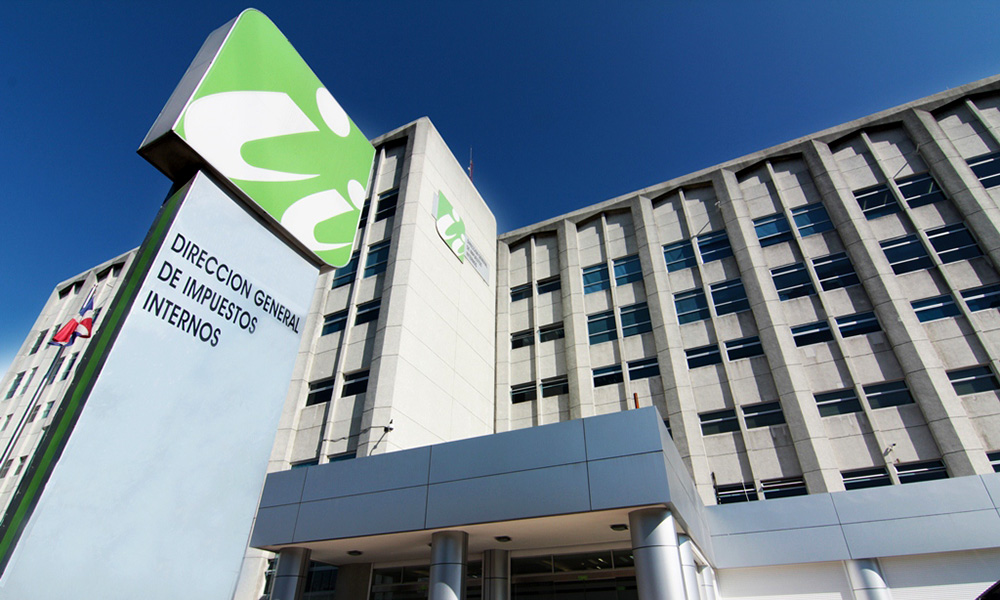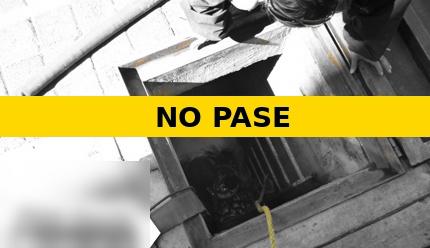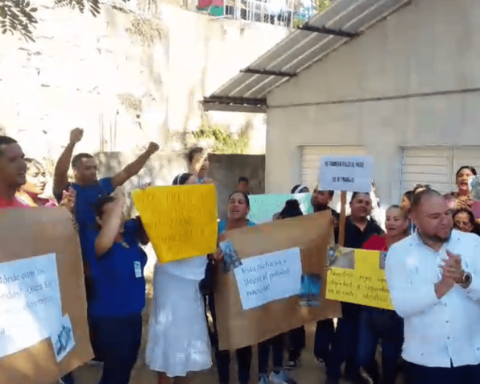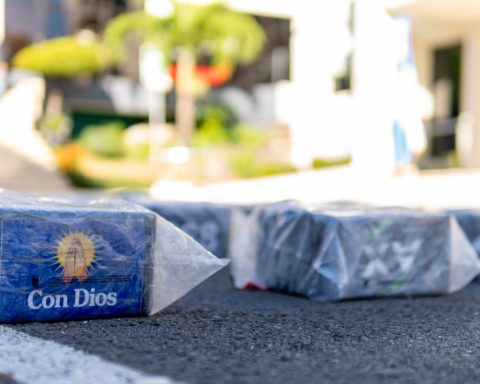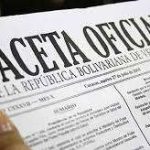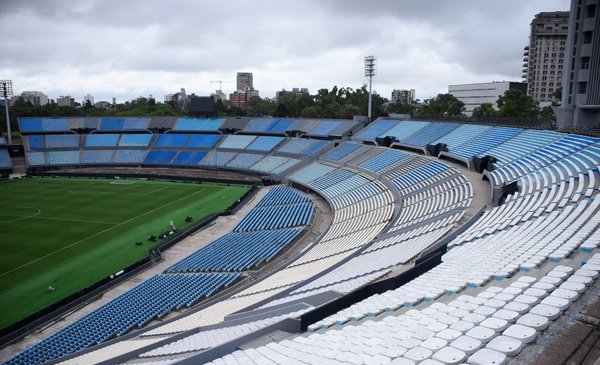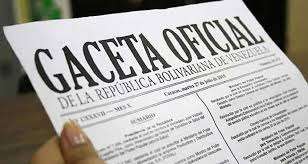The State’s decision to stop applying the adjustment for inflation to the income of individual taxpayers, whether they are salaried employees, liberal professionals or small businessmen, has represented a taxable base of RD$146,722 accumulated in the 10 years that the tax is not made. indexing.
If the adjustment for inflation had been applied without interruption, the exempt monthly salary would currently be around RD$46,912.00. But due to these legal suspensions of indexation or adjustment for inflation, the exemption amount is maintained up to the monthly salary of RD$34,686.
The adjustment for inflation was established in the country, for purposes of indexing wages for tax purposes, with the approval of the Tax Code, created by Law 11-92. It began to be applied in 1998, using a base that the tax authorities understood represented a level of income that should be exempt for the taxpayer to cover basic needs.
The correction was applied uninterruptedly until 2012. In each year the consumer price index or inflation rate of the period just ended was used, and the adjustment was applied from January. For example, in 1998, when the application began, the adjustment was made based on the inflation of the previous year, 1997.
The application of the adjustment was interrupted from the year 2013, by mandate of Law 253-12, on the Strengthening of the Collection Capacity of the State for Fiscal Sustainability and Sustainable Development, dated November 9, 2012. That law provided suspend the adjustment for three years, covering fiscal years 2013, 2014 and 2015.
In 2016, the application of the adjustment for inflation created by the Tax Code and interrupted by the Tax Reform of 2012 was resumed. But the restoration did not last long, barely a year. As of 2017, it was re-instituted, but through waivers that have been consigned in each of the General State Budget projects that have been presented since then, including the current one for 2022.
When the application was suspended for the first time, the tax exemption, also defined as “minimum non-taxable”, the amount free of income tax was RD$399,923, equivalent to about RD$33,327 per month. In January 2013, when the following adjustment was applicable, the amount would have risen to RD$34,568.20, with the adjustment of the 2012 inflation rate, which was 3.69% average of 12 months. It added RD$1,669.64.
But the Government’s Fiscal Reform Law that had begun in August 2012 suspended the adjustment for inflation until January 1, 2016. In that year the adjustment or correction was made but only by applying the inflation rate of 2015 and leaving out the rate accumulated in the three previous fiscal periods, those between 2013 and 2015, which consolidated a price increase equivalent to 11.52 percent.
Had it not been for the mandate of Law 253-12, the exempt salary in 2014 would have been RD$36,339.28, in 2015 it would have risen to RD$37,429.45 and in 2016 it would have been RD$37,743.85 per month.
The adjustment acted as a wage increase
In addition, as the correction or adjustment for inflation is applied in a model similar to the capitalization of interest when added to principal, each tranche includes or adheres to the value added by the CPI of the immediately preceding year. Therefore, the non-taxable amount in 2017 would include the amount of 2016 plus the inflation of that period, which was 1.61 percent, taking the amount of the exemption to RD$38,351.52 and RD$39,609.44 per month.
The decision to suspend the application of the adjustment for inflation to salaries prevented the exempt base from rising to RD$46,911.84 for the current year. This figure is about RD$12,227 higher than the current tax exemption. The lost equivalent consolidates 35%.
The adjustment for inflation acted as an effective salary increase for the employees, because the proportion that was released from the payment of the Income Tax was available for the employee.
Calculations by knowledgeable economists place the annual collections obtained by the treasury with the suppression of the adjustment for inflation at about RD$1,000 million.
